Food insecurity, unstable housing and lack of health insurance are common terms and situations associated with poverty in the United States. While many people living in poverty can struggle to afford and maintain housing and adequate health coverage as well as nutritious meals, there’s an often overlooked element of poverty that lacks awareness — the inability to afford personal hygiene products.
There are myriad public programs (as well as community drives) to provide struggling community members help with food, health insurance or housing, but none exist to provide hygiene or other personal products.
To make matters worse, personal hygiene products are usually taxed, and programs like SNAP or WIC that people use for assistance don’t cover these products, leaving people who need soap, shampoo, baby wipes or deodorant with no help.
Poor Personal Hygiene or the Perception of it Has Negative Consequences
People who struggle to afford personal hygiene products and other staples often report stretching, going without or changing eating or other healthy habits to afford hygiene or other non-food items, according to Feeding America.
For families with children, not being able to afford hygiene or other basic non-food necessities can take its toll. Many families report feeling embarrassed to borrow products, feeling that doing so would negatively impact their ability to teach their children healthy habits.
In addition, families report worrying about people’s opinions of their family that they’re not a good parent or respectable family.
Those concerns about being viewed as a good parent can be compounded if a family can’t afford diapers. In the United States one in three families can’t afford diapers, which can lead to parents stretching the use of diapers by leaving dirty ones on longer than is healthy.
And while cloth diapers can be an option, the inability to afford detergent and the fact that most daycares require the use of disposable diapers, families can be without reasonable options.
A study from the University of Connecticut showed that clean diapers improve a baby’s overall health and lessen medical visits and expenses due to diaper rash and other issues caused by wearing a dirty diaper for a long time.
That same study found that while most people who have problems affording diapers have jobs, over half of them had to miss work because of an inadequate supply of diapers.
When parents had an adequate supply of diapers from a diaper bank or other organization, the study revealed that parents stopped missing work shifts and some advanced in their careers.
What is Hygiene Poverty and How can You Help?
Hygiene poverty is the inability to afford everyday hygiene products like soap, paper towels, toilet paper, menstrual products or diapers. But what’s important to remember is that each family or person experiencing hygiene poverty may experience it differently.
In addition to the inability to afford hygiene products and the anxiety that comes with that, many people may also experience:
- Anxiety about leaving home during your period because you can’t afford menstrual products and your makeshift solutions may leak.
- Feeling like you’re being judged for the condition of your home because you can’t afford the necessary cleaning supplies.
Once someone is in a cycle of hygiene poverty, it’s difficult to break. Without proper hygiene it’s difficult for someone in a job interview to put their best foot forward or feel like they can attend school without being judged.
So how can you help?
If you know someone who struggles to afford basic hygiene products, offer to give them what they need. You can also participate in community supply drives if your community offers one.
If your community doesn’t have a supply drive, offer to create one or you can donate to organizations like Provision Promise that provide basic hygiene items to those in need.
Access to basic personal care items like toothpaste, soap, toilet paper, diapers and cleaner can profoundly help low-income families stay healthier now and in the long-term.
It can also help improve mental health, reduce worry and break the hygiene poverty cycle. At Provision Promise, we are committed to providing household essentials to communities in need through local food banks.
Because these items aren’t covered by food stamps or SNAP, we want to give individuals better access to basic household necessities, without the anxiety and stress of having to turn to loved ones for help.
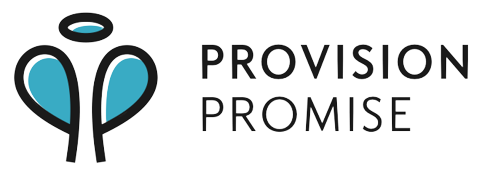

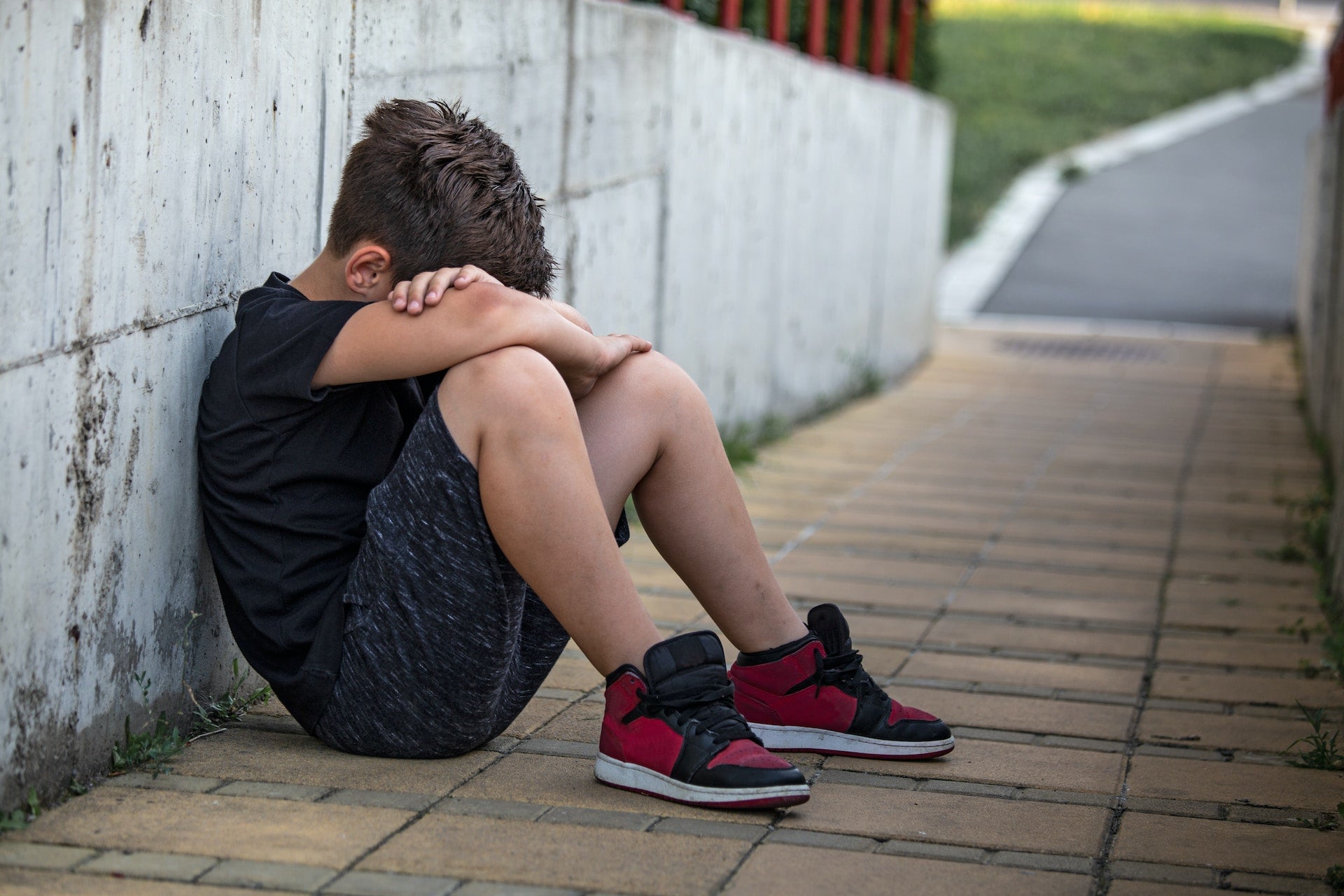



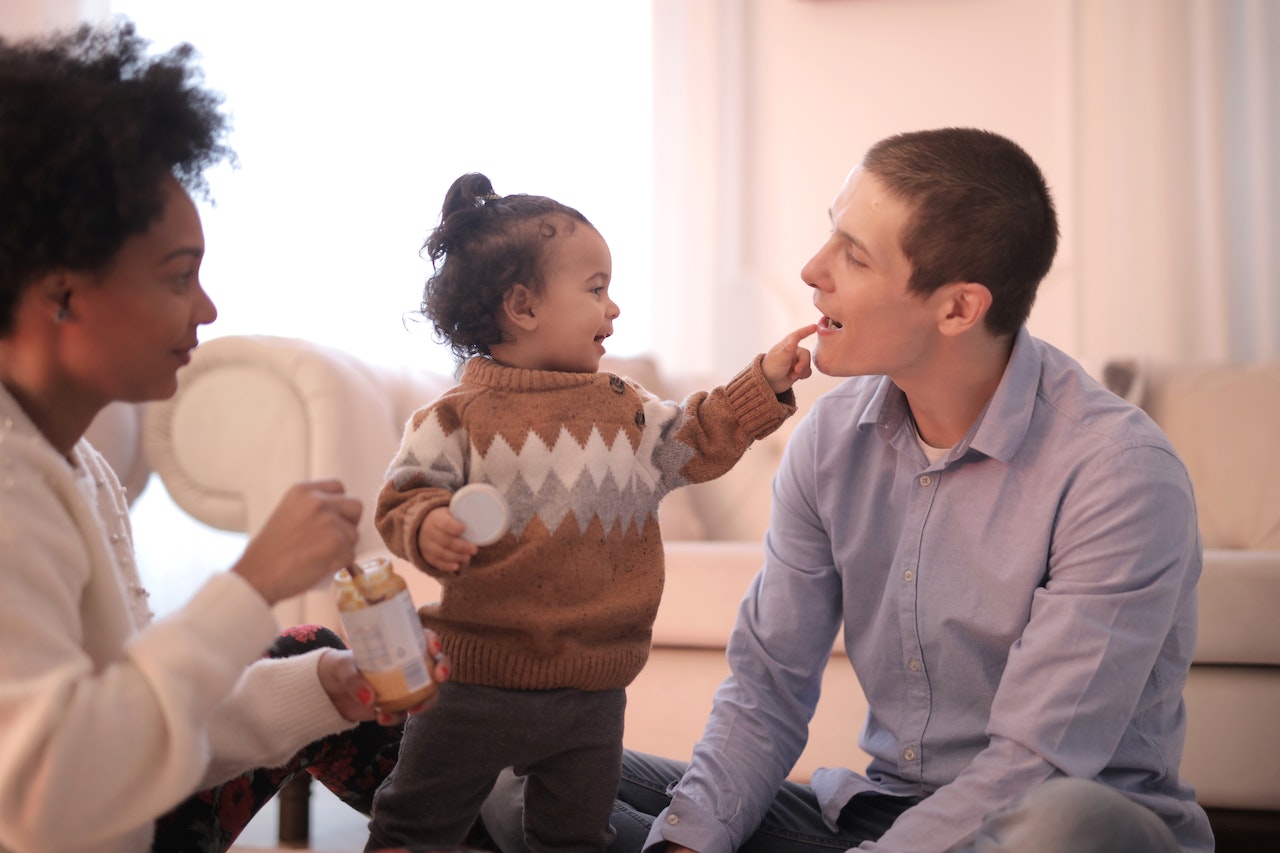
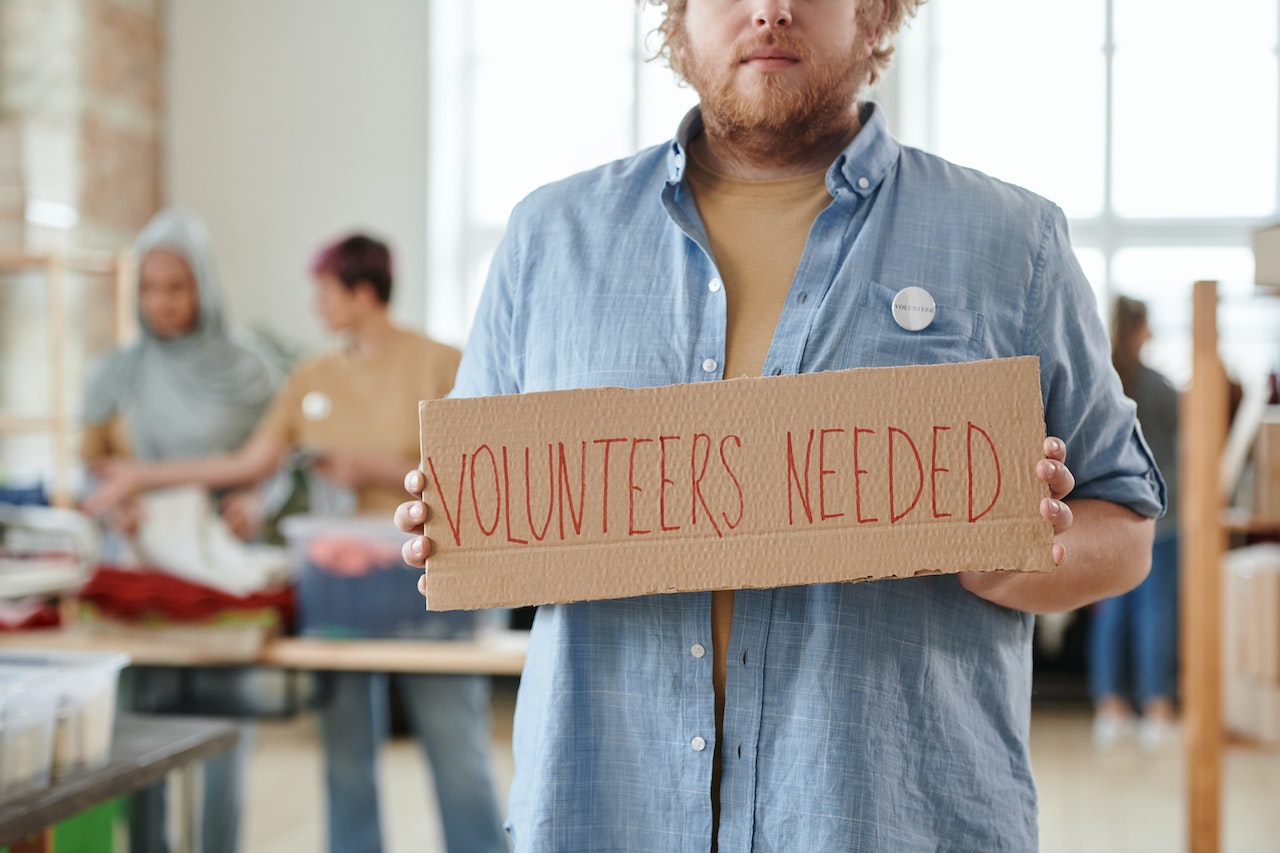
Leave a comment